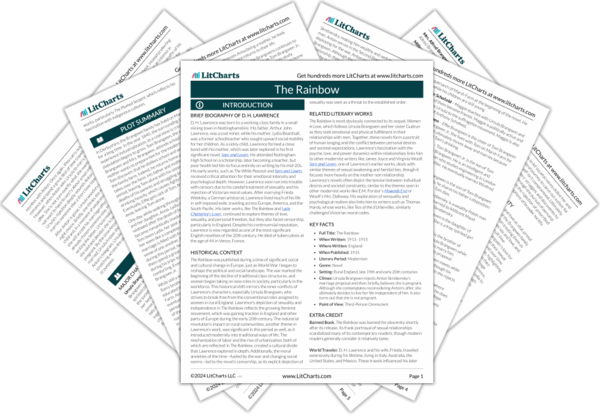Ursula’s clash with Williams represents the culmination of her internal conflict between maintaining control and staying true to her more compassionate approach to teaching. Williams forces Ursula to confront the limits of her authority, pushing her to a breaking point. His disruptive behavior not only undermines her in front of the class but also chips away at her self-confidence, leaving her increasingly frustrated. Beating Williams is especially painful for Ursula because, even if he is unruly, he represents the individualistic spirit that she has tried so desperately to cultivate within herself.
